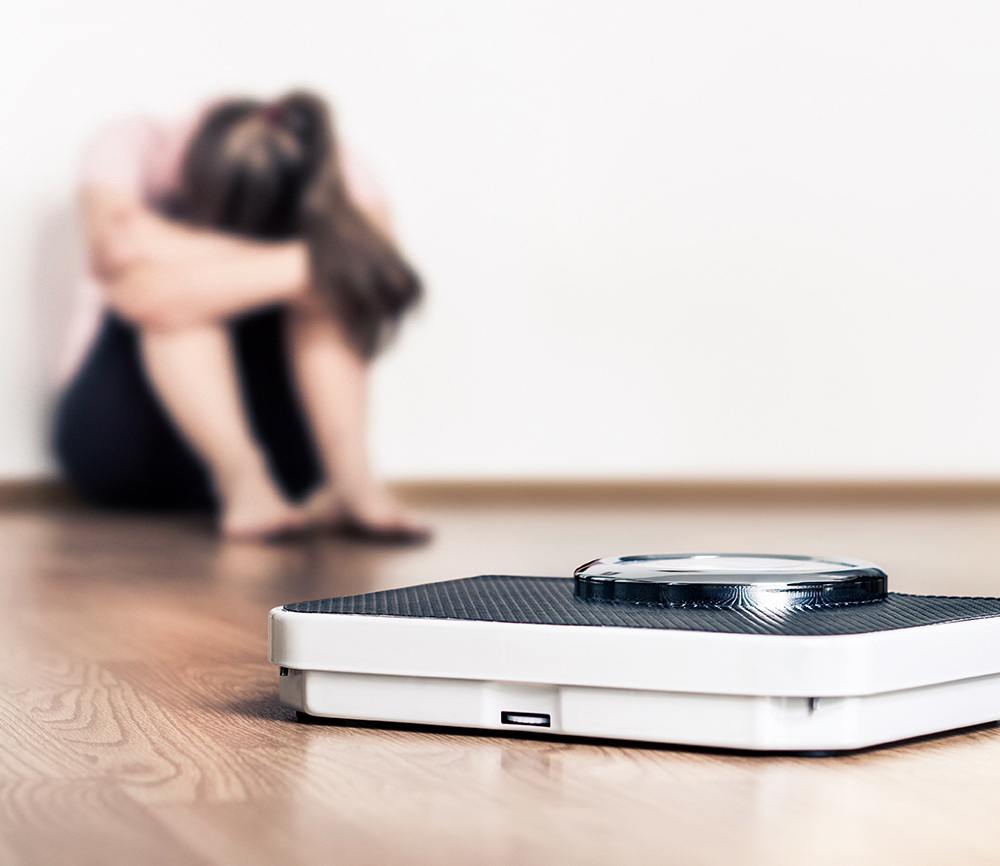Bulimia Nervosa
Bulimia Nervosa is an eating disorder characterised by repeated episodes of binge eating followed by compensatory behaviours. The binges involve eating a large amount of food to the point of being uncomfortably full in a short amount of time (usually less than 2 hours). They are also accompanied by a feeling of loss of control making it hard to stop eating when satiated.
Compensatory behaviours can include the following:
- Vomiting
- Misusing laxatives or diuretics
- Excessive exercise
- Fasting
According to a 2018 study, 1-1.5% of adults and close to 2% of young people suffer from bulimia nervosa. However, that number could be higher as some people suffer from it in secret and are not diagnosed.
Warning signs and symptoms
The symptoms of bulimia include but are not limited to the following:
- Excessive preoccupation with body image
- Digestive issues such as bloating, abdominal cramps and constipation
- Swelling of cheeks and jawline
- Teeth problems (cavities, enamel erosion)
- Imbalance in electrolytes (potassium, sodium, magnesium) which could lead to irregular heart beat or heart failure
- Irregular menstrual cycle or amenorrhea (loss of period)
- Social withdrawal
- Feelings of shame, guilt and disgust after episodes of bingeing and purging



